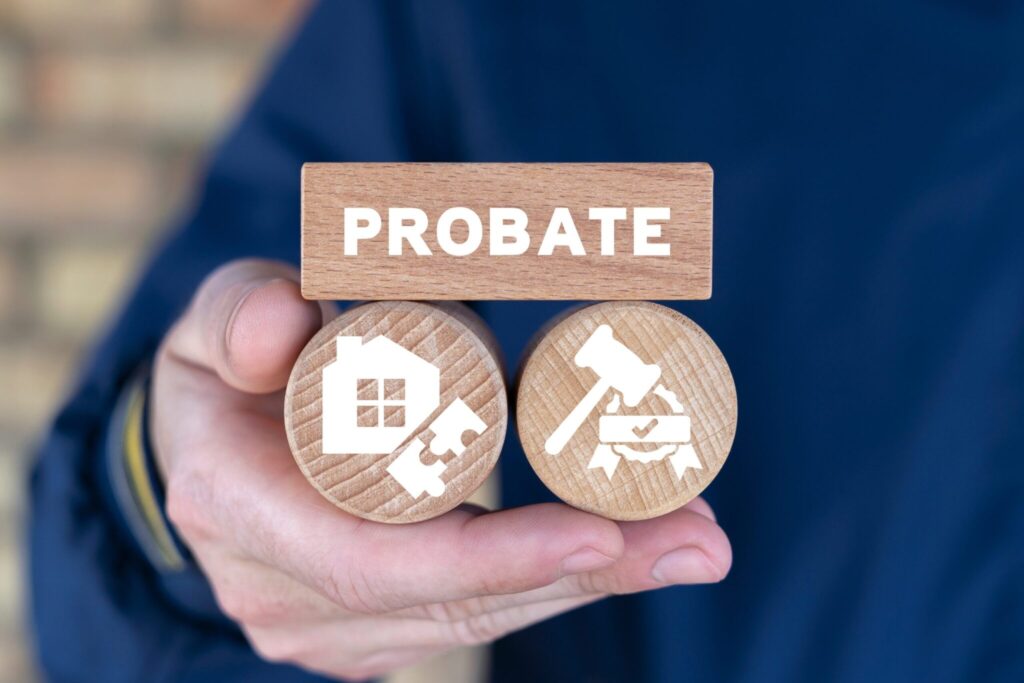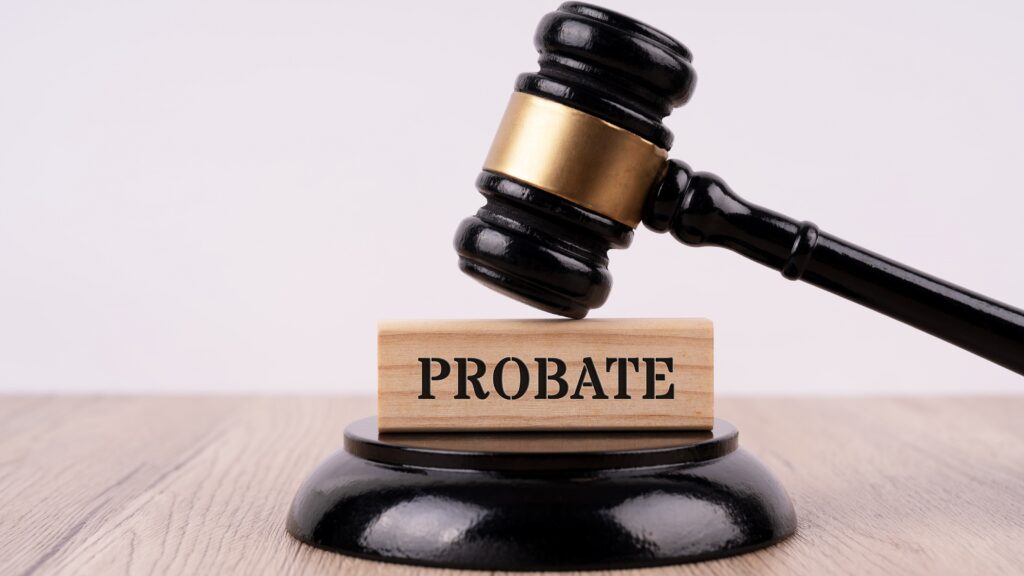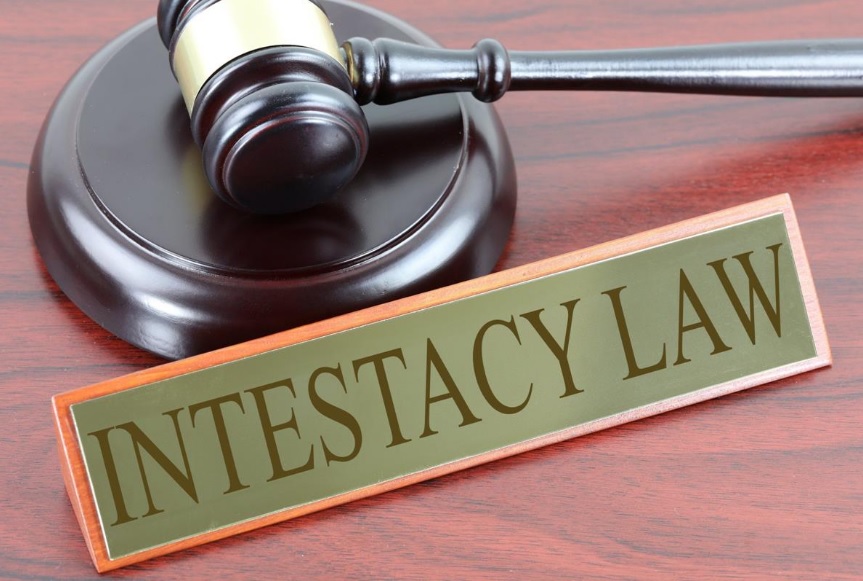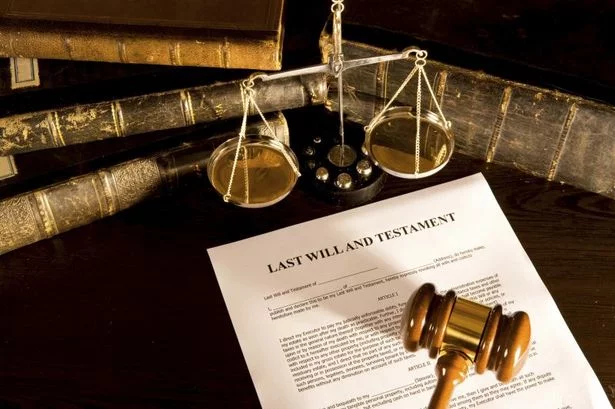Understanding Executor Responsibilities in Texas Probate
The role of an executor in Texas probate is crucial, as they are responsible for managing the deceased's estate, ensuring that debts are paid, and distributing assets according to the will. Executors must navigate various legal obligations, including filing necessary documents with the court and communicating with beneficiaries.
For example, an executor must gather all assets, notify creditors, and file an inventory of the estate with the probate court. Additionally, they are tasked with handling any disputes that may arise among heirs, making their role both significant and sometimes challenging in the probate process.
Common Challenges Faced During the Probate Process in Texas
Probate can often present several challenges for executors and beneficiaries alike. Common issues include disputes among heirs, delays in court proceedings, and complications arising from unpaid debts or taxes. Understanding these challenges can help individuals better prepare for the probate journey.
For instance, if a will is contested by a family member, it can lead to lengthy court battles that delay the distribution of assets. Executors may also encounter difficulties in valuing estate assets, particularly if they involve real estate or business interests that require appraisals.
Alternatives to Probate in Texas: What You Need to Know
For some individuals, avoiding probate altogether may be a desirable option. Alternatives such as living trusts, joint ownership of property, and payable-on-death accounts can simplify the transfer of assets and reduce the burden on surviving family members.
For example, a living trust allows a person to manage their assets during their lifetime and dictate how they should be distributed upon death, bypassing the probate process. This can save time and legal fees, making it an attractive choice for estate planning.
How to Prepare for Probate: Essential Steps to Take
Preparing for probate involves several proactive steps that can streamline the process and reduce stress for the executor and beneficiaries. This includes organizing important documents, understanding the estate's financial situation, and communicating clearly with all parties involved.
For instance, creating a comprehensive list of assets and debts, along with important contacts, can facilitate a smoother probate process. Additionally, discussing the will and estate plans with family members can help mitigate potential conflicts and ensure everyone is on the same page.









